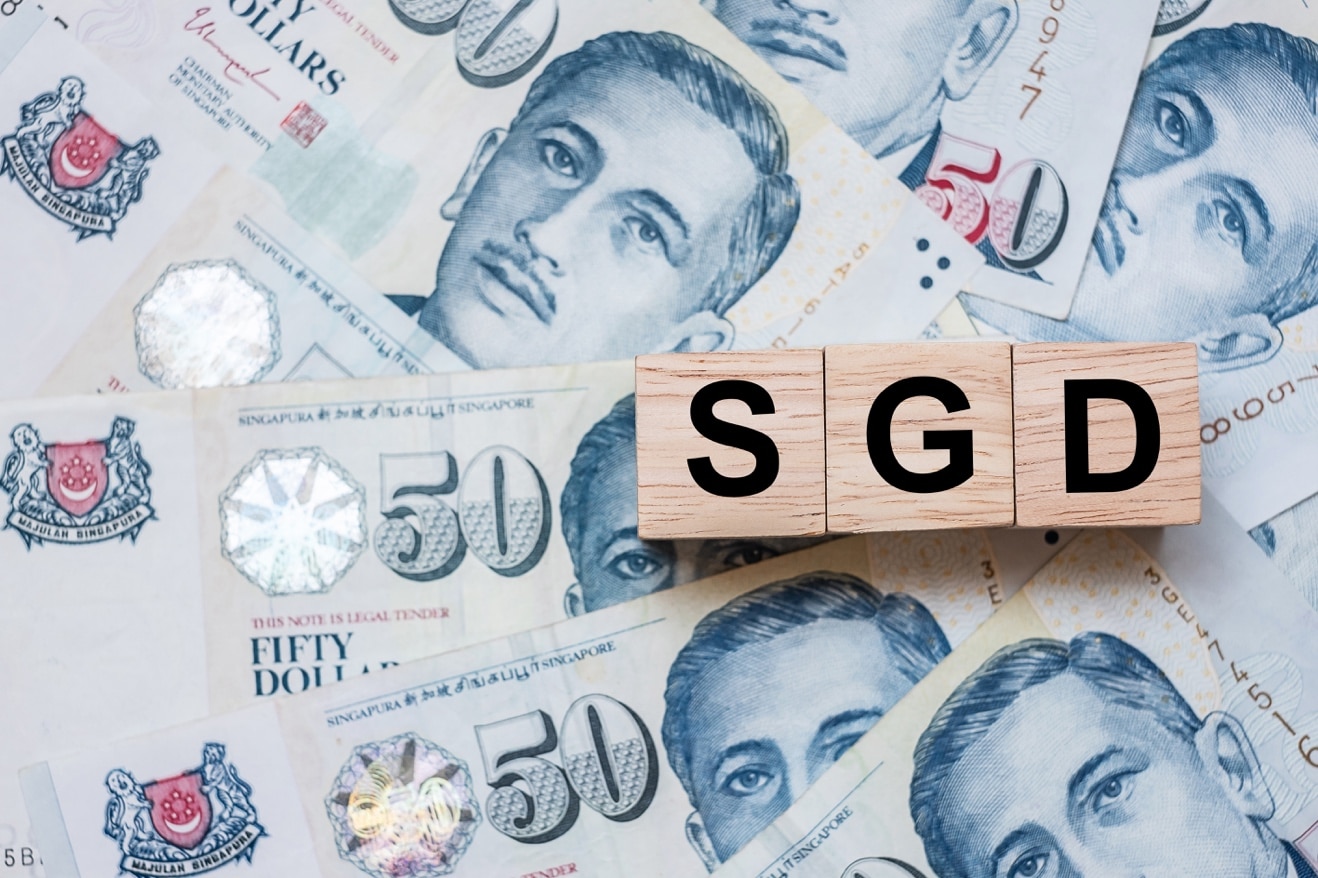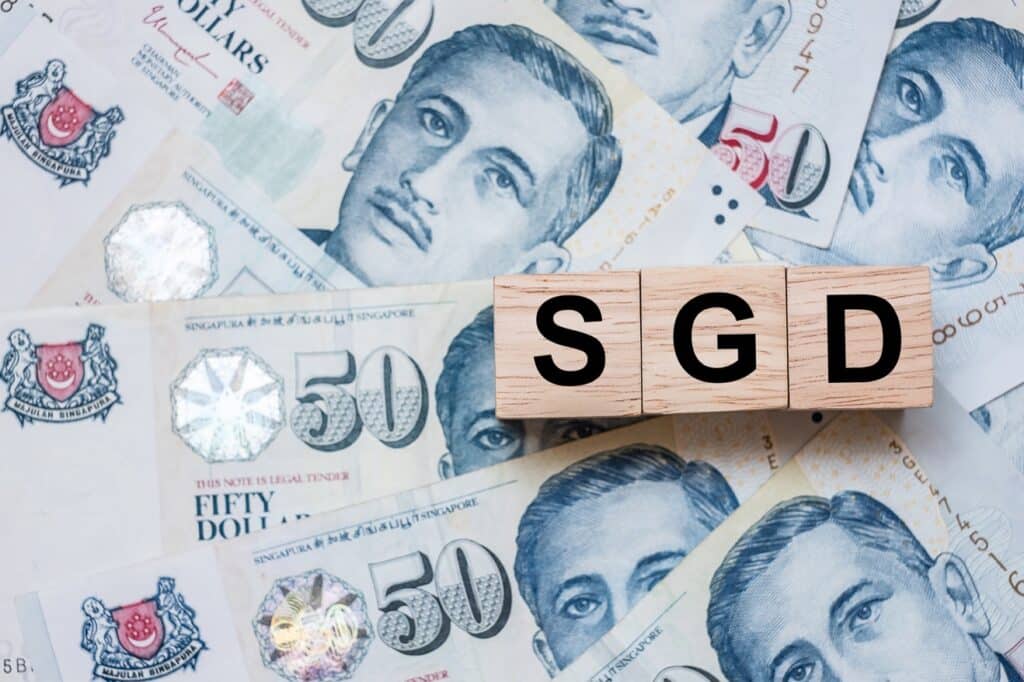
The Republic of Singapore has been a fantastic success story, rising from the ashes of WWII to become a major financial hub in Southeast Asia. An island country located below Malaysia, it has become a powerhouse in international trade, a leader in innovative technologies, and a haven for global investment.
If you are a newcomer to forex trading in Singapore, please read on and learn how easy it is to get started, who the primary regulator is for this activity, and why forex trading can benefit you. Forex trading, however, involves high risk, which can provide many profit opportunities, but only if you have prepared in advance by practising using a broker’s demo system and have developed a step-by-step trading strategy to approach this market in a disciplined fashion.
Why start trading forex in Singapore
As an acknowledged centre for international trade, Singapore’s financial success has been a miracle in the region. It is the only country in Asia presently with a “AAA” credit rating, and its GDP per Capita has consistently ranked in the Top Ten for this statistic. It is, therefore, no surprise that Singapore is the third-largest foreign exchange centre in the world, behind London and New York. Nearly 70% of the local population also regards itself as belonging to the middle class, a sign of affluence and a burgeoning mentality for investment and trading activities.
With a highly educated citizenry and a population of nearly five and a half million, this small but impressive country sports a lively forex trading community of over 50,000 active retail forex traders. Over the past few decades, Singaporeans have also learned the many benefits of forex trading. They include convenient market trading hours, high liquidity, an abundance of trading pairs to choose from, and the availability of margin in the form of leverage to improve your chances of recording sizable gains in a volatile market. Retail forex traders in Singapore also trade tax-free, another benefit for local traders.
Singapore’s economy boasts high trade in machinery and transport equipment, and chemical products, and diversifies to vegetable oils, wax and fats, animals, and food manufacturing. This is a healthy economy with global links and reach. Partly because of this trade and diversity in economic function is Singapore a good place for Forex trading or investment.
The Singapore Dollar (SGD) is freely traded in the foreign exchange market, and retail forex trading in Singapore is legal. While Malaysia and other countries in Southeast Asia have currency controls, none exist in Singapore that would restrict local citizens from trading currency pairs involving the SGD. The stability of the country’s economy, banking infrastructure, and stellar credit rating have contributed to a stable currency in today’s volatile foreign exchange market.
Many forex brokers market their services to Singapore residents, but only 39 are registered with the domestic regulator to offer services locally. Although these brokers must adhere to stringent operating and capital adequacy standards, residents can choose to use an offshore broker without legal restriction. Safety and security, however, should be the basic criteria for selecting any forex broker, whether foreign or domestic.
Related Articles
Who regulates Forex Trading in Singapore?
The Monetary Authority of Singapore (MAS) is the regulatory watchdog for Singapore. It is responsible for registering, licensing, and reviewing all forex brokers. The MAS came into being in 1970 and operates as the Central Bank of Singapore. Unlike other major developed countries, Singapore has combined all regulatory and monetary policy activities within one agency. The MAS does not prohibit retail forex traders from using an offshore broker, although it is highly recommended to use a regulated and reputable broker to avoid fraud.
The MAS regulates the forex trading industry and has taken a prominent role in developing favourable policies in the FinTech space. In keeping with the government’s position to support innovation, it is no surprise that forex traders in Singapore may also trade cryptocurrencies. Many neighbouring countries have taken a restrictive approach, but the MAS has not inhibited the growth of the crypto phenomenon. The Payment Services Act of 2019 was passed to accommodate digital currencies and gave the MAS oversight responsibility for these activities.
A step-by-step guide to trading forex in Singapore
Many newcomers to the world of forex trading are eager to get started and to enjoy the experience of trading and making a profit. Forex trading, however, is a high-risk activity, which means that preparation and practice trading is essential if you are to survive and thrive in this arena. The best brokers offer demo systems for virtual practice trading, a prerequisite before putting any real capital at risk.
Make no mistake; there is a lot to learn about the art of forex trading, from fundamental and technical analysis to how your broker’s trading platform executes your various Buy and Sell orders. There are also many accepted techniques for managing your risk, which is essential if you are to lock in your profits and protect your downside from significant losses. There are no shortcuts. Take the time upfront, and you will perform better when you enter this market.
Once you become comfortable with your preparation phase, here are five steps to follow when you want to learn how to trade forex in Singapore:
- Choose a Broker: Hundreds of forex brokers will seek your patronage, some good and some bad. Choosing a reputable business partner you can trust may appear to be an impossible task, but the staff at ForexTraders has done the heavy lifting for you. We continually survey the forex brokerage industry, updating previous reviews and presenting only the best ones for your final consideration. A list of the best-regulated brokers appears below. Take your time evaluating them to find one that suits your trading style, has a user-friendly trading platform, and offers a trading portfolio to your liking.
| Broker | Features | Regulator | Platforms | Next Step | |
|---|---|---|---|---|---|
 Between 74-89% of CFD traders lose
Founded: 2010 Between 74-89% of CFD traders lose
Founded: 2010Between 74-89 % of retail investor accounts lose money when trading CFDs |
|
ASIC, FCA | MetaTrader 4, MetaTrader 5, cTrader | ||
 Your capital is at risk
Founded: 2006 Your capital is at risk
Founded: 2006Europe* CFDs ar... |
|
ASIC, FSA, FSB, MiFID | MetaTrader4, Sirix, AvaOptions, AvaTrader, Mirror Trader | ||
 Your capital is at risk
Founded: 2014 Your capital is at risk
Founded: 2014 |
|
FSPR | MT4 | ||
 Your capital is at risk
Founded: 2009, 2015, 2017 Your capital is at risk
Founded: 2009, 2015, 2017 |
|
ASIC, CySEC, IFSC | MT4 Terminal, MT4 for Mac, Web Trader, iPhone/iPad Trader, Droid Trader, Mobile Trader, MT5 | ||
- Open & Fund an Account: Most brokers allow you to access their demo system before you file an application or fund your account. When you decide on a broker, there is a standard application process based on international law. You will be asked to submit personal ID documentation. Approval can come quickly or take a day or two if there is an issue. The broker will provide several ways to deposit money into your account. Choose a cost-efficient method that is also convenient. It is best to start small with 500 USD or the equivalent in another currency as an initial deposit, although the initial deposit for a Singapore trader has recently averaged $1,743.
- Make Your First Trade: Is it time to make your first trade? Yes, but only if you feel prepared and have practised your step-by-step trading strategy on a demo system. Otherwise, you could quickly learn a few hard lessons about the fickle nature of this market and become an early casualty. Trading strategies can be as simple or complex as you desire. A simple moving average crossover is one example, but there are many more. Practice with these on your demo platform. There is no rush. The forex market is enormous, and there will always be a new opportunity if you missed the last one.
- Manage Your Risk: How do veterans last when their luck runs cold or they have several losing trades in a row? Risk management techniques offer several helpful hints on how to size your position, how to evaluate your risk/reward potential, how to place a stop-loss order to protect your trade from an adverse move in the market, and how to place trailing stop-losses and take profit orders to win the day. For example, position sizes should begin at no more than 2% to 3% of your account balance until you are comfortable with trading. Time allocated to studying these principles is well spent.
- Enjoy Your Profits: No forex trader is perfect. Every trader incurs losses but adapting to market conditions and limiting losses to small amounts is the sign of a veteran trader. These traders will have several small winning and losing trades but also a few large gains from winning positions over a month. The profile of a losing trade is just the opposite – many large losing trades, where stop losses were not used, and the trader held his position, hoping that the market would reverse. Learn this lesson quickly, and then you can consistently enjoy your profits.
Concluding Remarks
Retail forex trading is alive and well in the Republic of Singapore. The local regulator, the Monetary Authority of Singapore, has taken steps to make forex trading legal, safe, and secure. It has welcomed innovation by accepting digital currencies under its authority.
It’s important to remember that before any trade or investment, do your homework, do a little research, and find a good broker. Have a plan in mind as to what you hope to gain and how much you are willing to invest or trade. This will safeguard you in the future and hopefully lead to a profitable outcome.
A thriving economy and growing middle class have led to a burgeoning forex trading community with opportunities for experienced and beginner investors dipping their toes in the trading waters for the first time. Several global forex brokers have flocked to this island community to set up shop and solicit local business. The steps to get started are straightforward for newcomers to forex trading in Singapore.
Continue Learning
- Ultimate Guides to Trading by Country
- Forex Brokers in the Phillipines
- Forex Brokers in Hong Kong
- The Ultimate Guide to Trading in Japan
- GBPJPY Forecast and Live Chart
Forextraders' Broker of the Month
BlackBull Markets is a reliable and well-respected trading platform that provides its customers with high-quality access to a wide range of asset groups. The broker is headquartered in New Zealand which explains why it has flown under the radar for a few years but it is a great broker that is now building a global following. The BlackBull Markets site is intuitive and easy to use, making it an ideal choice for beginners.


